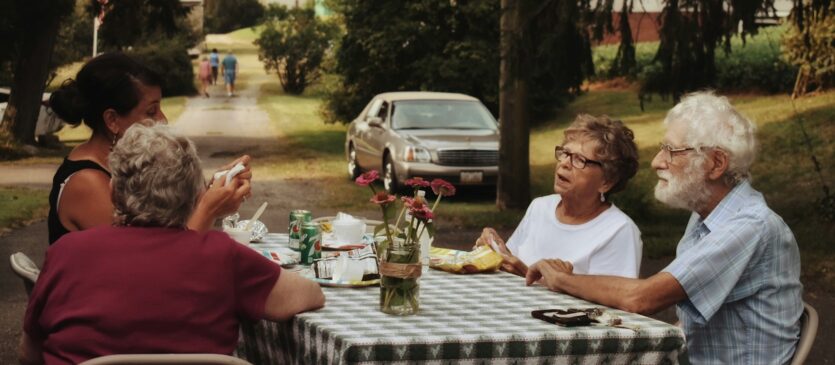Caring for elderly family members is a journey that many families encounter. Is your family equipped for this responsibility? Learn vital steps to ensure readiness. From financial planning to emotional support, discover the comprehensive guide to confidently navigate the complex landscape of elderly care.
- Financial Preparedness: When planning for elderly care, consider financial implications. Assess the potential costs of healthcare, in-home care, or assisted living. Explore insurance options and see if there are available state or federal programs to assist with financial burdens.
- Emotional Support and Communication: Elderly care often brings emotional challenges. Effective communication within the family and with the elderly member is crucial. Address concerns, fears, and expectations openly and compassionately. Create a support network to share responsibilities and emotional support.
- Healthcare and Medical Support: Regular medical check-ups and consultations with healthcare providers are essential. Discuss with professionals regarding the elderly member’s health conditions and potential care plans.
- Living Arrangements: Evaluate living conditions. Determine if the current living arrangements are suitable for the elderly member. Adaptations might be necessary to ensure safety and comfort at home or consider assisted living arrangements.
- Legal and Practical Arrangements: Ensure that legal matters are in order. Drafting wills, setting up power of attorney, and discussing end-of-life wishes are key elements. Explore options like guardianship or conservatorship if needed.
- Caregiver Support and Respite: Caregiving can be exhausting. It’s important for the primary caregivers to have support and time off. Look for caregiver respite services or support groups to prevent burnout.
- Senior Socialization: Social interaction is vital for seniors’ mental and emotional well-being. Enroll them in community activities or social clubs to help maintain a sense of connection and engagement.
- Nutritional and Fitness Support: A balanced diet and physical activity are important. Ensure their nutritional needs are met and encourage regular exercise or physical activity, according to their health and abilities.
- Continued Monitoring and Assessment: Consistent evaluation is necessary. Conditions, requirements, and necessary care might change, so continuously review and adjust the care plan accordingly.
- Knowledge Sharing and Collaboration: Sharing experiences and insights with others who might be on a similar journey is invaluable. Collaboration and community sharing often lead to new and innovative solutions and can offer emotional support.
Remember, caring for elderly family members is a journey that involves adaptability, open communication, and the continuous gathering of information. Always tailor the approach to suit the unique needs and preferences of your loved ones.
#ElderlyCare #FamilyPreparedness #SeniorSupport



Leave a Reply